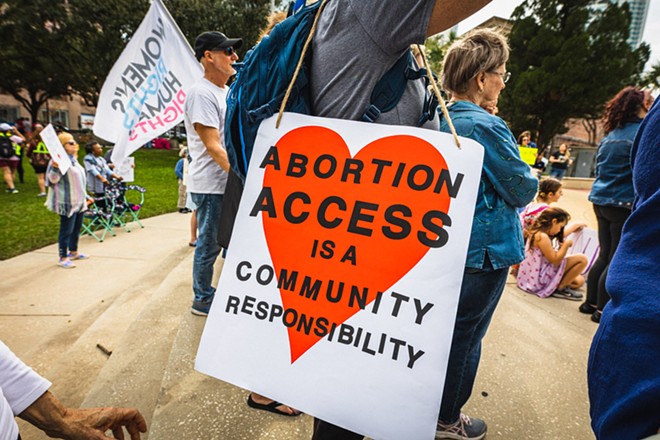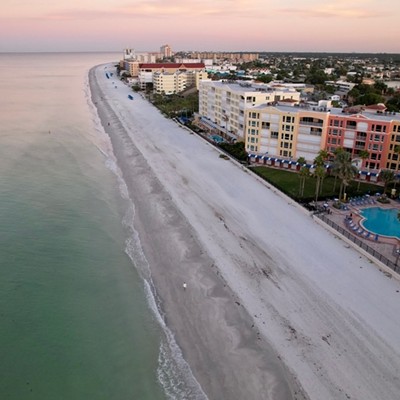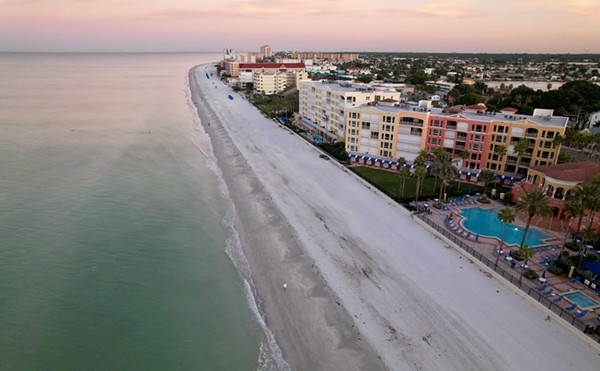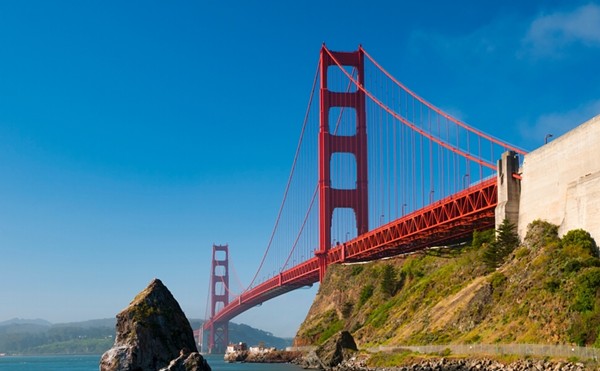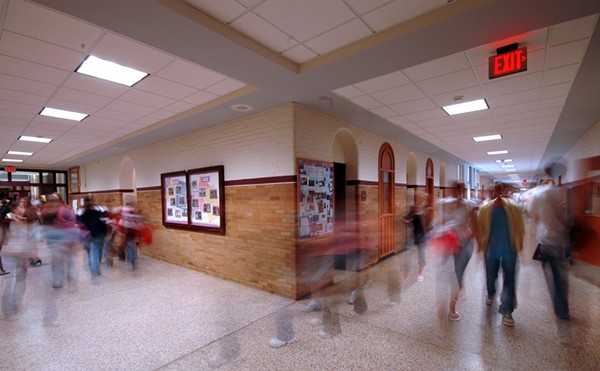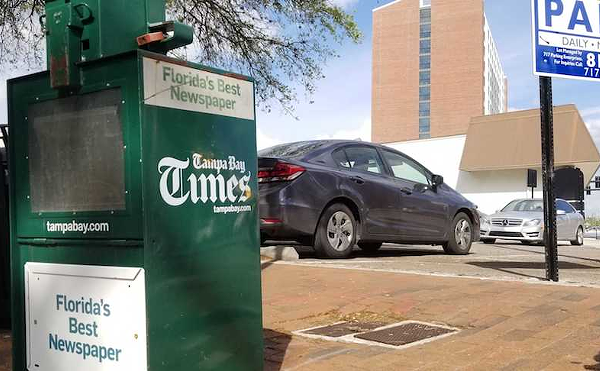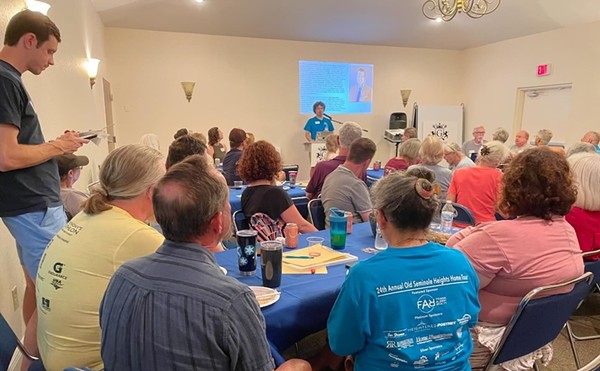According to data from the state Agency for Health Care Administration, out-of-state abortions in Florida have risen nearly 25 percent from the same time last year, from 4,201 as of Oct. 4, 2022, to 5,216 as of Oct. 1, 2023.
This continues a trend that first became apparent shortly after the United States Supreme Court last June overturned the landmark Roe v. Wade decision, ending a guaranteed right to abortion.
Since then, the legal landscape for abortion access has shifted dramatically, even though some Republican-controlled states, like Texas, began banning most abortions even before that fateful decision on June 24, 2022.Florida currently bans most abortions after 15 weeks of pregnancy, while its surrounding states — Georgia, Alabama, South Carolina and Mississippi — all have stricter limits.
Abortion is completely banned under most circumstances in Alabama and Mississippi, while South Carolina and Georgia have six-week limits in place, according to a New York Times tracker last updated Sept. 29.Florida has long served as a haven in the U.S. South for abortion access. Prior to last July, when Florida’s 15-week limit went into effect, abortion was legal in Florida up until the point of fetal viability (about 24 weeks).
Other Southern states have had it worse, historically. Although some Florida abortion clinics have been hit with fines and targeted by anti-abortion activists, there are still dozens of licensed clinics providing care today, while states like Mississippi and Texas have zero left in operation.At least 66 clinics in states with total or near-total abortion bans shuttered within 100 days of the Supreme Court ruling last year, while anti-abortion “pregnancy resource centers” — sometimes masquerading as actual abortion clinics — seize the moment to expand.
Abortion access in Florida, however, stands to be further undercut by a six-week ban signed into law by Gov. Ron DeSantis in April. Although approved by DeSantis, who’s currently campaigning for president, that limit has not yet gone into effect.
Whether it goes into effect depends on whether the Florida Supreme Court rules that the current 15-week ban is constitutional. A lawsuit by abortion rights advocates says it’s not. The conservative-packed high court began hearing arguments in the case last month. If justices rules that the ban is constitutional, the six-week ban will go into effect 30 days later.
Strict abortion bans remain unpopular among the general public in Florida, even among Republicans, despite the anti-abortion movement’s political influence. Activists have organized in Orlando and other parts of the state to protect the clinics that are left, and their patients, from anti-choice protesters.
Whether opposition to abortion bans holds up in Florida, where Republicans continue to expand their voter registration edge, could be seen at the polls next year.
A campaign to let Florida voters decide in 2024 whether Florida should expand abortion access up to fetal viability (again) was launched in May.
It’s gaining significant ground, despite lacking confidence from Florida’s Republican State Attorney General, who wants the state Supreme Court to trash it before it can make it onto the ballot.
The campaign, Floridians Protecting Freedom, has collected over 400,000 valid signatures from Floridians in support of the initiative (out of the 891,523 needed by Feb. 1), and has raised over $10 million in political contributions as of Oct. 10. They’ve collected $1.1 million since Sept. 30 alone, with 80% of donations coming from in-state.
“These incredible accomplishments are a testament to the tireless efforts of our fundraising team and a growing network of volunteers — from students to seniors — who have never wavered in their commitment to our campaign to put these deeply personal decisions back into the hands of patients and their health care providers, where they belong,” campaign director Lauren Brenzel said in a statement.
“We’re so proud and grateful for their work as well as the efforts of our partners, allies and staff and we’re more confident than ever that we will get onto the ballot and that voters will affirm politicians have no place interfering in the decisions people make about their own bodies and futures.”
This article was first published at our sibling publication Orlando Weekly.
Follow us: Google News | NewsBreak | Reddit | Instagram | Facebook | Twitter

